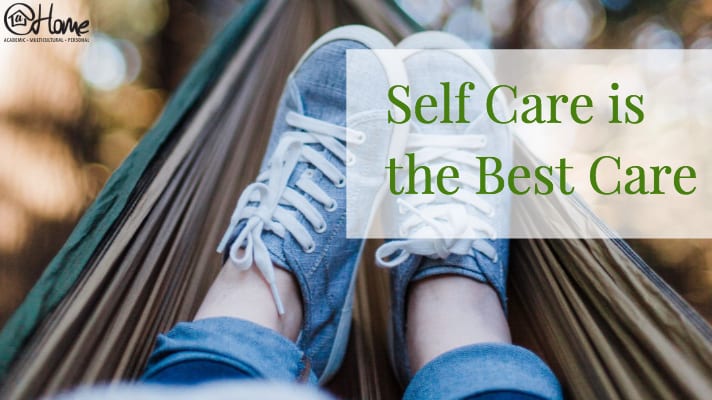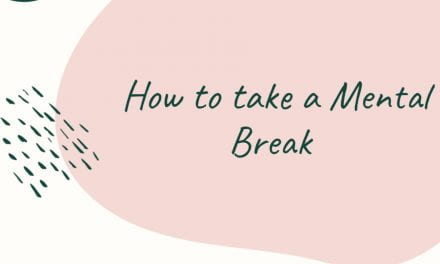By Kayla Gray and Bailey Keller
Resident Assistants
Welcome back! It’s the spring semester and it’s time to push through until summer. Here are some frequent questions you ask yourself when coming back to school after a break: Why am I feeling drowsy? Why is there not enough time in the day to get everything done? When do I have time to do fun things for me?
We have all been there before, you are not alone. This is why self-care is so important.
Self-care is taking care of yourself mentally, physically, spiritually and socially. Self-care also helps you academically, according to Ed Mink, director of wellness and health promotion at the Pat Walker Health Center.
“Clarity of thought, ability to concentrate and enhanced memory remain key elements of academic success,” Mink said. “All are improved when students are getting adequate sleep, eating mindfully and nutritiously, and engaging in consistent physical movement.”
Here are a few tips to help you practice self-care.
UNPLUG
There are many methods you can use to promote positive self-care.
Sure, your physical body needs rest, but also your intellectual and emotional energy needs to be recharged, Mink said. Unplug daily to get away from technology and focus on mindfulness.
“Push back away from your workstation, sit in alignment, follow your breath and seek to be centered. This is the foundational practice of coping with stress,” he said.
Olivia Hoyt, is a student and wellness and health promotion intern on campus. She recommends giving yourself 30 minutes before bed away from technology to unwind.
“Try reading, showering or meditating before bed and see if sleep improves,” she said.
Improving your sleep will help you feel more energized throughout the day, helping you get more done.
JOURNAL
In addition to unplugging, Amanda Sullivan recommends journaling and writing down the things you are grateful for. Sullivan is a clinical assistant professor who teaches in the physical education program in the College of Education and Health Professions.
Expressing gratitude uplifts you and changes your mood. Also writing down your thoughts, feelings and lists can help clear your mind and get you focused. It gets thoughts out of your mind and onto paper, making you feel less overwhelmed and more engaged in your work at hand.
BUILD A SUPPORT SYSTEM
“Building a support system of people you feel comfortable going to when you need help can make all the difference,” Sullivan said.
“Living apart from families and childhood friends can feel lonely at times. Many other students around you feel the same way. Create and maintain contact with a small group of people you can call on for emotional support or for distraction,” she said.
Not only is it important to build a support system, it’s also just as important to be able to ask for help from them when you need it.
“Learn to accept help from others – we try to be everything for everyone else, but need to learn to accept help, support, and guidance in return,” she said.
Asking for help can include going to your friends or family, resources on campus such as Counseling and Psychological Services (CAPS), U of A Cares, or even attending a tutoring session at Class+.
“There are offices and people [on campus] devoted to helping students with studying, physical and mental health, connection and activity, and just about anything else you can think of. Students who study in groups often perform better than those who study alone. Asking for help can be hard but can spare you lots of pain down the road” she said.
While self-care is vital for academic success, sometimes it can feel like you don’t have enough time for it.
“For those who think they don’t have time for self-care, you’d be surprised what you can achieve in a short time. For example, you can fit in exercise during the 2-minute commercial breaks while watching TV (2 min of push-ups, 2 min of sit-ups, 2 min of jumping jacks, etc.). You can just as easily write down things you are grateful for or post an update on how well you performed on an exam on your social media page. And it takes very little effort to smile at a stranger you pass in the hall,” she said.
Adopting a few of these tips into your daily routine can help prevent you from feeling overwhelmed, drowsy, or stressed. Try taking more time out of your day to practice self-care, your body (and your grades) will thank you.






Recent Comments